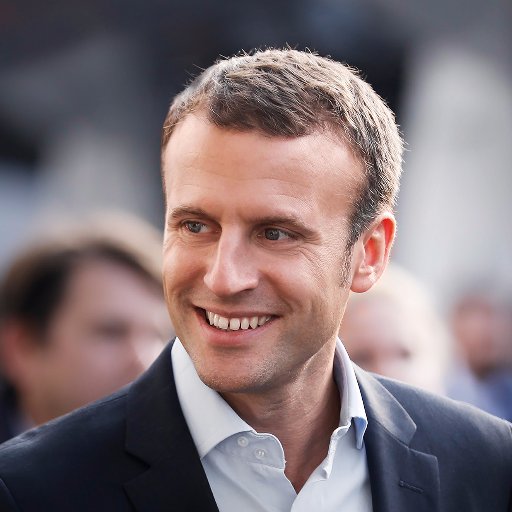
by reuters –MAYSAM BEHRAVESH – Shortly after Saad Hariri unexpectedly announced his resignation as Lebanon’s prime minister in a speech from Saudi Arabia last month, French President Emmanuel Macron made a surprise trip to Riyadh. Regional tensions were escalating, with Lebanese leaders accusing the Saudis of holding Hariri hostage and Riyadh accusing Lebanon of declaring war against it. Macron’s hastily-scheduled visit was to see Saudi Crown Prince Mohammed bin Salman and to discuss “ensuring the preservation of stability in the region,” according to a statement from the French presidency after the meeting. A week later, on Nov. 16, Hariri arrived in Paris, where Macron welcomed the Lebanese premier to a family lunch at the Elysee Palace. By the end of the month, Hariri was back in office in Beirut, his bizarre resignation rescinded and the political temperature pulled down a notch – at least for the moment. Macron’s mediation in the Lebanon crisis may not be surprising given that France takes a special interest in its former colony. But his successful intervention – along with his eagerness to address the broader Saudi-Iran rivalry that has destabilized the Middle East – is emblematic of the French president’s efforts to establish France as a leading power within the region and beyond.
Macron is seeking a more assertive role in Syria. Since winning office, he has offered to serve as an interlocutor in its long-running civil war and to set up an international contact group to revive stalled peace talks in Geneva. Then there’s Iran. Macron has also offered to mediate between Tehran and Washington, where President Donald Trump has refused to certify that Iran is complying with the terms of the nuclear deal and warned that he might ultimately terminate it. Macron has adopted a tougher line towards Iran than the rest of Europe – thereby perhaps firming up his credentials with Trump – by saying that the agreement was not enough given the “increasing pressure that Iran is exerting on the region, and given increased activity by Iran on the ballistic level since the accord.” Tehran has refused Macron’s calls to hold talks on the missile tests, but the French president presumably hopes to make some progress when he goes to Tehran next year – a trip that would make him the first French president to visit the Islamic Republic since 1971. Macron needs to avoid reviving unfavorable memories of French colonialism in the Middle East and North Africa – especially in the former colonies of Algeria and Lebanon – if he wants to achieve his goal of presenting France as a diplomatic problem-solver. Nonetheless, Macron is well-positioned to assert the nationalism that he has made a hallmark of his presidency. Britain is consumed with its withdrawal from the European Union and German Chancellor Angela Merkel is weakened by her party’s loss of support in this year’s election. Trump’s “America First” mantra, along with actions like his one-sidedness on the Israeli-Palestinian conflict, where his decision to move the U.S. embassy to Jerusalem drew widespread condemnation, and withdrawing from international agreements like the Trans-Pacific Partnership on trade and the Paris climate accord, have left a gap in global leadership. That has provided Macron with an opportunity to project France as the foremost European power on the world stage. The French president’s skill has been in using the instability of the Middle East as the political springboard for that goal. This abrigded article is taken from Reuters



